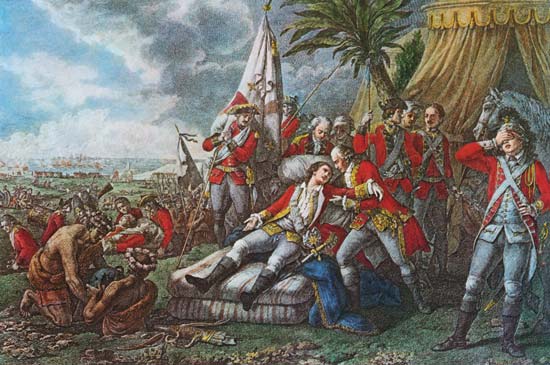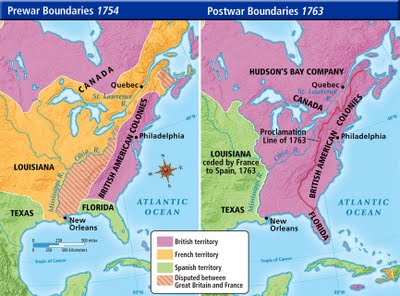The French and Indian War The French and Indian War also known as the Seven Year War was a war over territorial claims between the French and British in the Ohio Valley near present day Pittsburgh,Pennsylvania. The war started because the English settlers who had moved Northwest from Virginia, and the French settlers who had moved East from the Great Lakes and South from Canada. Both the French and the British believed that they had the right to the Valley. In 1754, the English under the control of George Washington, began marching to Fort Duquesne to drive the French out of the region. On the way, they ran into a French scouting party near Uniontown, Pennsylvania (present day). Washington's men, killed the party in what became known as the Battle of Jumonville Glen. The English then set up camp in a natural clearing called Great Meadows and Washington ordered the construction of Fort Necessity because they knew the French would soon retaliate. They were right and the French soon attacked with 600 soldiers and forced Washington to surrender the fort. This was the beginning of the French and Indian War. When the British won the French and Indian War, France was effectively expelled from the New World. They gave up most of their possessions in the New World including all of Canada and the Caribbean. They also made Great Britain the supreme military power in the part of Asia where India is by agreeing to stay out of India. Spain also received the Louisiana territory to compensate for their loss of Florida . The French and Indian War changed the face of North America dramatically. After the war the English issued the Proclamation of 1763, which stopped the settlement west of the Appalachian Mountain. In an attempt to please the Indians who had developed positive relations with France. However some settlers ignored this and moved into Indian lands. As a result of the war in and for the colonies, England had incurred a significant debt. Parliament tried to get back the financial loss by issuing the 1765 Stamp Act on the colonists. The Stamp Act was a tax on basically everything that was paper. The tax was not very popular with the colonists, who began to boycott British goods, and even attacked British Tax collectors. Parliament got rid of the Stamp act and Issued the Declaratory Act,which kept Britain's right to tax the colonists. These tax issues would become the cause of an even greater conflict ten years later, which would be known as the American Revolution. |
||
 |
 |
|